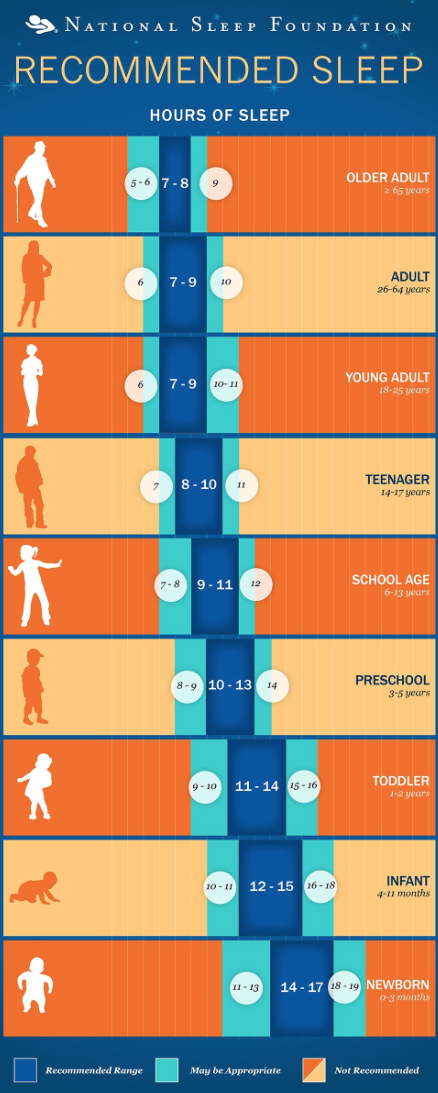When it comes to developing a healthy lifestyle, there are those would never touch a cigarette. Others avoid eating fast food or junk food under all circumstances. And the exercised-obsessed are another well-known sub-species of 21st century humans.
But many of those same people who are fixated on becoming increasingly healthy pay little or no attention to getting the right amount of sleep on a regular basis. They might even boast that they don't need to sleep much at all, and anyway, they're simply too busy to dedicate the time to it.
However, what many people frequently overlook is that the proper amount of nightly sleep is essential to ward off illness and maintain overall good health. And lack of sleep is linked to a myriad of significant health problems.
"Sleep is involved in healing and repair of your heart and blood vessels," according to the National Heart, Lung, and Blood Institute, a department of the National Institutes of Health. "Ongoing sleep deficiency is linked to an increased risk of heart disease, kidney disease, high blood pressure, diabetes, and stroke. Sleep deficiency also increases the risk of obesity."
 It's recommended that adults aged 18 to 64, as you can see from the adjacent chart produced by the National Sleep Foundation, get a minimum of seven hours sleep per night. However, roughly one third of adults in the U.S. regularly fail to get that much either by choice, reports the Centers for Disease Control and Prevention, or that they are unable to since they suffer from insomnia or sleep apnea. Insomnia has many causes, including a few you might not be aware of – you can read about it here – including anxiety and depression.
It's recommended that adults aged 18 to 64, as you can see from the adjacent chart produced by the National Sleep Foundation, get a minimum of seven hours sleep per night. However, roughly one third of adults in the U.S. regularly fail to get that much either by choice, reports the Centers for Disease Control and Prevention, or that they are unable to since they suffer from insomnia or sleep apnea. Insomnia has many causes, including a few you might not be aware of – you can read about it here – including anxiety and depression.
"I used to suggest that sleep is the third pillar of good health, along with diet and exercise," said neuroscience and psychology Prof. Matthew P. Walker, who teaches at the University of California, Berkeley, as reported by Time. "But I don't agree with that anymore. Sleep is the single most effective thing you can do to reset your brain and body for health."
As a result, if you don't give your body that restorative fuel, daily performance at home or work suffers.
"After several nights of losing sleep — even a loss of just 1–2 hours per night — your ability to function suffers as if you haven't slept at all for a day or two," states the NIH.
Teenagers need even more. But as many a vexed parent will tell you, battling with their kids to get them up for school, they regularly shortchange themselves.
Interestingly, those actively looking to control their caloric intake, as to keep their body weight in check and stay "healthy," end up working at cross purposes if they have an inadequate sleep regimen.
That's because of a connection showing "a significant increase in the desire for weight-gain promoting high-calorie foods following sleep deprivation, the extent of which is predicted by the subjective severity of sleep loss across participants." That's one of the findings by Prof. Walker in his 2013 paper, "The impact of sleep deprivation on food desire in the human brain," published in Nature Communications.
If you're having difficulty getting a good night sleep on a regular basis, you might want to review these tips to improve your chances of resting through the night – which will go towards fortifying your overall health.




